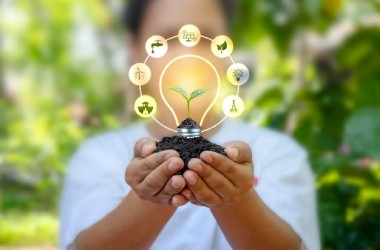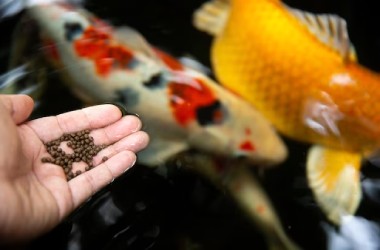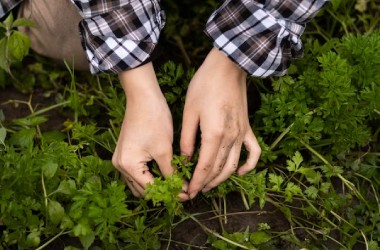
As global citizens, we face a critical challenge that demands collective action and innovative solutions - food insecurity. This pressing issue affects millions worldwide, leaving as many as 828 million people hungry in 2021 - a staggering increase from previous years. With one in nine people globally suffering from chronic hunger or undernourishment, it is evident that the impact of food insecurity is profound and far-reaching.
The root causes of food insecurity are complex, driven by multiple factors that include poverty, inequality, conflicts, climate change, and environmental degradation. In many low-income countries, agriculture and natural resources, such as land, water, and forests, serve as vital lifelines. However, these resources are increasingly endangered by the rise of extreme weather events, such as droughts, floods, pests, and deforestation. These challenges directly impact agricultural productivity, exacerbating food scarcity and insecurity.
Notably, the consequences of food insecurity are not limited to social repercussions alone; they also extend to significant environmental impacts. Agriculture, while essential for food production, is an important driver of deforestation, land-use change, greenhouse gas emissions, water depletion, and biodiversity loss. These environmental effects contribute to climate change and ecological disruptions, further burdening vulnerable ecosystems.
In addition to the challenges in food production, we face another daunting concern - food waste. Alarmingly, one-third of all food produced is lost or wasted, straining resources and increasing the carbon footprint of food systems. Addressing this issue is paramount to alleviate the pressures on the planet's limited resources and enhance food security.
To combat food insecurity and its multifaceted impacts effectively, we must adopt a holistic and integrated approach that considers the interconnectedness between food, people, and the planet. Several strategies have proven to be effective in this endeavor:
-
By embracing sustainable and resilient agriculture practices, such as agroforestry, crop rotation, and integrated pest management, we can protect ecosystems, enhance soil health, and reduce water usage. Sustainable agriculture ensures food security and economically empowers farmers and communities.
-
Ensuring access to markets, credit, and technology is critical for small-scale farmers, especially women, who often face structural barriers and discrimination. Empowering these farmers can lead to enhanced productivity and increased resilience in the face of food insecurity.
-
Social safety nets and nutrition programs, such as school feeding, health care, and cash transfers, are crucial in supporting vulnerable populations and breaking the cycle of poverty and malnutrition.
-
Efforts to reduce food waste through better storage, processing, distribution, and consumer behavior can save valuable resources and minimize the environmental impact of food production.
-
Addressing food insecurity necessitates collective efforts. Collaboration among governments, the private sector, civil society, and academia is crucial to co-create and implement innovative solutions that promote sustainable development.
On an individual level, we can also contribute to tackling food insecurity by making conscious food choices, reducing food waste, supporting local and sustainable producers, and advocating for policies that prioritize food security and sustainability.
Together, we can transform the trajectory of food insecurity, creating a healthier and more resilient planet for future generations. We can build a future where food security and environmental harmony coexist by embracing sustainable practices and fostering global cooperation.







.jpg)





